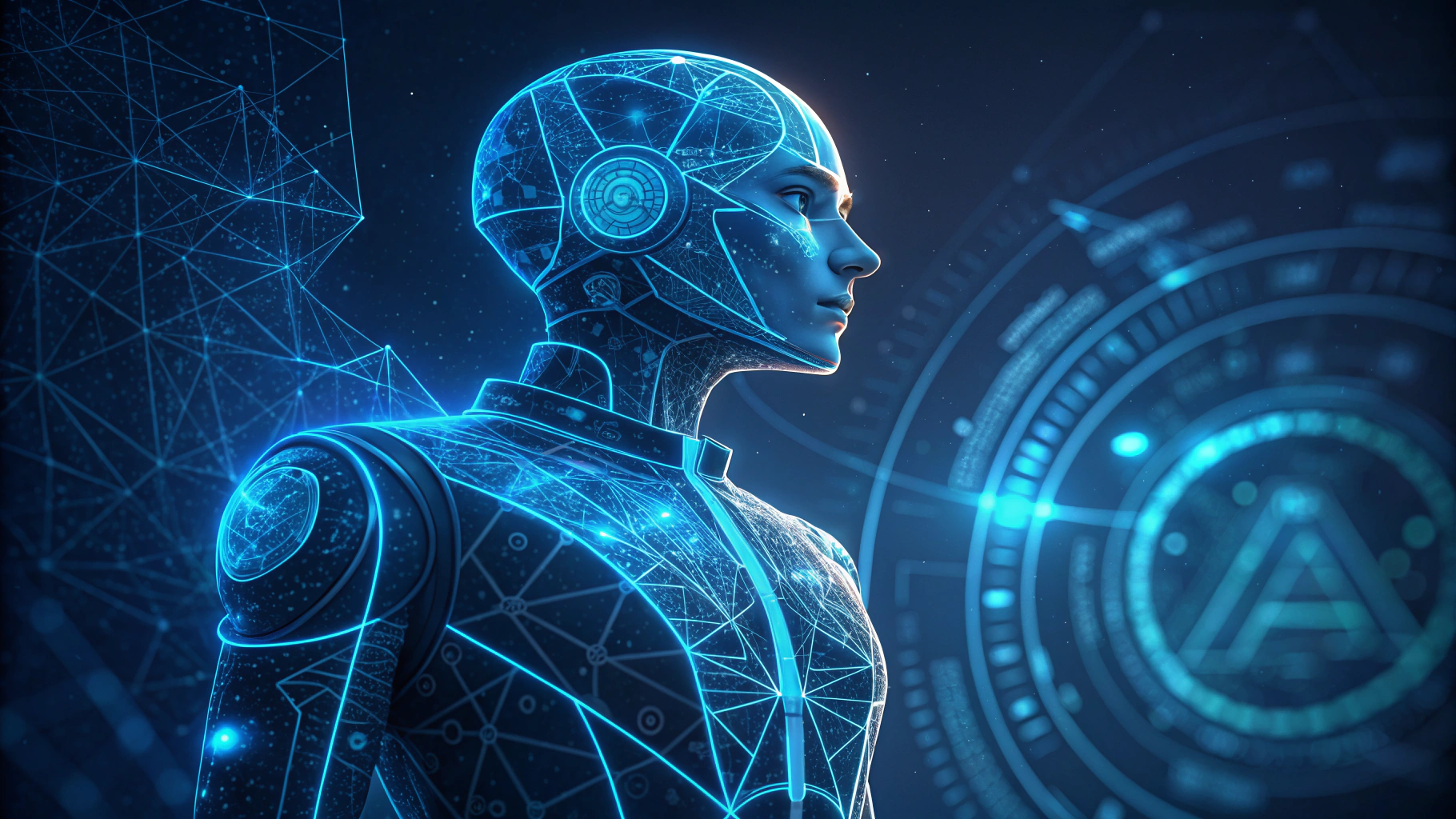AI Agents and Agent Automation: Transforming Industries

AI Agents and Agent Automation: Transforming Industries
AI Agents and Agent Automation: Transforming Industries
In the modern era, artificial intelligence (AI) has emerged as a transformative force, driving innovation across various sectors. Among the most notable aspects of AI technology are AI agents and agent automation, which have revolutionized how businesses operate. This article delves into the world of AI agents, exploring their capabilities, applications, and the future of agent automation.
Understanding AI Agents
AI agents are autonomous programs designed to perform specific tasks without human intervention. These agents can analyze data, make decisions, and execute actions based on predefined rules or machine learning algorithms. AI agents are integral to various applications, from virtual assistants like Siri and Alexa to complex systems in finance and healthcare.
Types of AI Agents
AI agents can be categorized into several types based on their functionality and complexity:
- Reactive Agents: These agents respond to environmental stimuli but do not possess memory of past actions. They are simple yet effective for straightforward tasks.
- Deliberative Agents: These agents have internal models that allow them to plan and make informed decisions. They can handle more complex tasks than reactive agents.
- Hybrid Agents: Combining features of both reactive and deliberative agents, hybrid agents offer more flexibility and adaptability.
- Learning Agents: These agents improve their performance over time by learning from experiences, using machine learning techniques.
Agent Automation: Enhancing Efficiency
Agent automation refers to the use of AI agents to automate tasks that traditionally required human input. This automation enhances efficiency, reduces costs, and minimizes errors. Industries are increasingly adopting agent automation to streamline operations and gain a competitive edge.
Applications of Agent Automation
Agent automation is making significant impacts in various sectors:
- Customer Service: AI chatbots and virtual assistants provide 24/7 customer support, handling inquiries and resolving issues efficiently.
- Finance: Automated trading agents analyze market trends and execute trades at optimal times, maximizing returns for investors.
- Healthcare: AI agents assist in diagnosing diseases, recommending treatments, and managing patient data, improving healthcare quality.
- Manufacturing: Automation agents oversee production lines, ensuring quality control and efficient resource allocation.
The Future of AI Agents and Automation
The future of AI agents and agent automation promises even greater advancements. As AI technology continues to evolve, we can expect more sophisticated and intelligent agents capable of tackling increasingly complex challenges. Key trends shaping the future include:
Integration with IoT
The Internet of Things (IoT) and AI agents are converging to create smarter, interconnected systems. This integration allows agents to leverage real-time data from IoT devices, enhancing decision-making processes and improving automation across various domains.
Advancements in Natural Language Processing (NLP)
Improvements in NLP technology are enabling AI agents to understand and respond to human language more naturally. This advancement enhances user interactions with virtual assistants and chatbots, making them more intuitive and user-friendly.
Ethical and Responsible AI
As AI agents become more prevalent, ensuring ethical and responsible use is paramount. Developers and organizations must prioritize transparency, fairness, and accountability in agent automation to build trust and ensure societal benefits.
Conclusion
AI agents and agent automation are reshaping industries, driving efficiencies, and unlocking new opportunities for growth. As technology continues to advance, the potential for AI agents will only expand, offering exciting possibilities for the future. Embracing these innovations responsibly will be key to harnessing their full potential and ensuring a positive impact on society.



